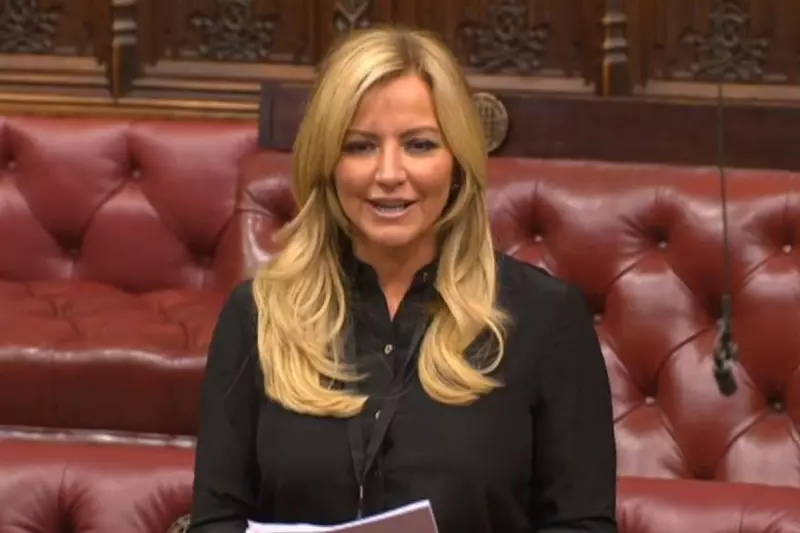
In a dramatic move to reshape Whitehall operations, Prime Minister Keir Starmer and Chancellor Rachel Reeves have declared a comprehensive war on government waste, unveiling plans that could redirect billions of pounds to frontline public services.
The new administration has identified staggering inefficiencies within the system, including revelations that taxpayers are footing the bill for thousands of empty government office desks across London while shelling out approximately £4 billion annually on temporary staff and consultancy fees.
The Efficiency Drive: Key Targets
Chancellor Reeves didn't mince words when she announced the crackdown, stating the government had uncovered "a significant waste and inefficiency culture" inherited from previous administrations. The reforms aim to deliver substantial savings that will be reinvested into critical public services.
Major Problem Areas Identified
- Ghost Desks Crisis: Thousands of empty government office spaces maintained at public expense despite flexible working arrangements
- Consultancy Dependency: Billions spent annually on temporary staff and external consultants
- Project Delays: Critical infrastructure projects stalled by bureaucratic inefficiency
- Procurement Waste: Ineffective spending practices across multiple departments
A New Era of Fiscal Responsibility
The announcement signals a fundamental shift in how the new Labour government intends to manage public finances. Rather than relying solely on tax increases or spending cuts, the focus will be on maximising value from every pound of taxpayer money.
"This isn't just about saving money," a government insider revealed. "It's about creating a more dynamic, efficient civil service that delivers better outcomes for citizens while being careful with public funds."
What This Means for Public Services
The anticipated savings from this efficiency drive are expected to be substantial. Rather than disappearing into Treasury coffers, these funds will be redirected to priority areas including:
- The NHS and social care services
- Education and skills training
- Local government services
- Infrastructure development
The reforms represent the first major policy implementation since the new government took office, demonstrating Starmer's commitment to what he calls "a government that works better and costs less."





